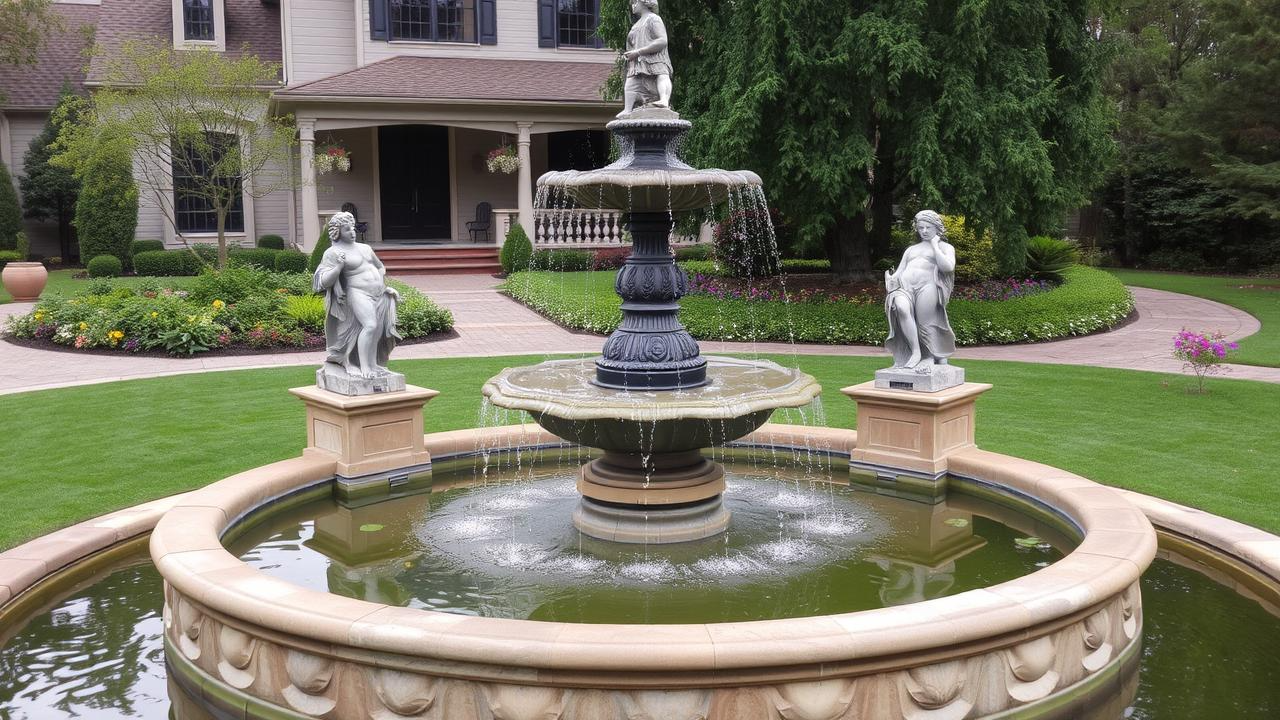Unlike shrubs, trees, and other plants, grass grows from its base. If it didn't, the grass would not survive the first cut. Even so, you shouldn't let your grass go for long periods without mowing. The grass plant may start to send its seed further up the stalk, rather than keep them at the base. When this starts to happen, mowing will begin to thin out your lawn, losing its appealing texture.

Bunchgrasses
Tall fescue is an example of a bunchgrass. It is a cool-season grass that grows tall and narrow, right next to the crown of the plant. Hence, they grow in clumps. Unfortunatley, this means they do not spread, and since this is the case, they can't be counted on to fill in bare spots before weeds do. But their turfs are very dense, so its hard to damage them.
Creeping grasses
Kentucky bluegrass is an example of creeping grass. It is a warm-season grass that spreads by underground stems. This makes them spread more quickly, creating a dense and uniform lawn. Other types of grass, such as bermudagrass and zoysiagrass, also form dense, uniform lawns and spread very aggressively. Sometimes, these grasses are tough enough to withstand the effects of animal urine. They are also known to jump into the neighbors lawn if there is no barrier. Its also hard to change out your grass later, once these grasses have become established.
What are the basic parts of grass?
Grass may look basically the same from a distance, but up close, each has its unique characteristics that will help you figure out what type it is. Having this knowledge will help you to care for it properly. First, its good to learn the basic parts of a grass plant.
The first part of a leaf is the blade. Its the broadest appendage of the grass plant. The bottom part of the leaf is sheath. At the bottom of the leaf, it wraps around the stem, forming what is called the collar. Collars are distinguished mostly by their width, since they are hard to see otherwise.
Conclusion
By following these simple tips, you can ensure that your grass is always healthy and looking its best.




